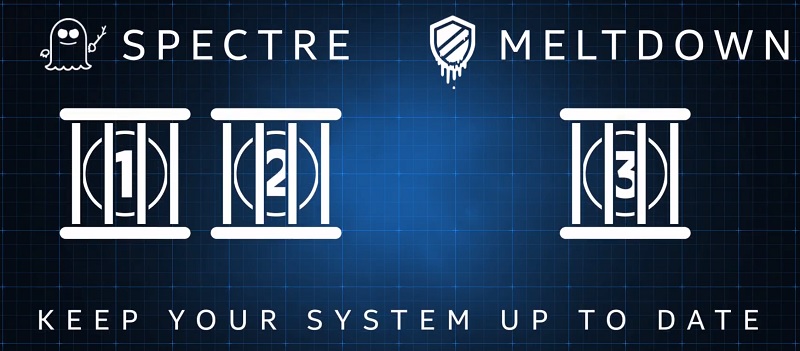Intel attempts to block performance comparisons in Spectre update terms and conditions
Intel attempts to block performance comparisons in Spectre update terms and conditions
While this update may not seem out of the ordinary, it includes a new clause in Intel’s licensing terms and conditions. This new license terms will prevent licensees from providing or publishing “software benchmark or comparison test results”. The full licence is available to read here.Â
Intel’s Spectre and Meltdown updates are already known to negatively impact system performance, though thankfully the impact of these changes are minimal on consumer systems. Even so, this growing list of software mitigation is likely to add up sooner or later to increasingly large performance downsides. Intel likely fears how future before/after Spectre performance comparisons will impact their brand image, and the sales of their products.Â
At a minimum, this term is unethical, preventing consumers within both the server and consumer markets from judging the impact of current and future spectre mitigations. It is also possible that this clause is legally unenforceable, or illegal depending on your country’s laws. Â
This clause is a blatant attempt to silence users, forbidding them from publishing performance comparisons or impact assessments for the company’s Spectre microcode mitigations. This clause will likely spark another backlash against Intel, which may harm the brand’s reputation just as much as the performance losses caused by their firmware mitigations.Â
Update – Intel has released the following statement following the criticisms of Intel’s licensing agreement.Â
  We are updating the license now to address this and will have a new version available soon. As an active member of the open source community, we continue to welcome all feedback.
You can join the discussion on Intel’s controversial microcode terms and conditions on the OC3D Forums.Â




